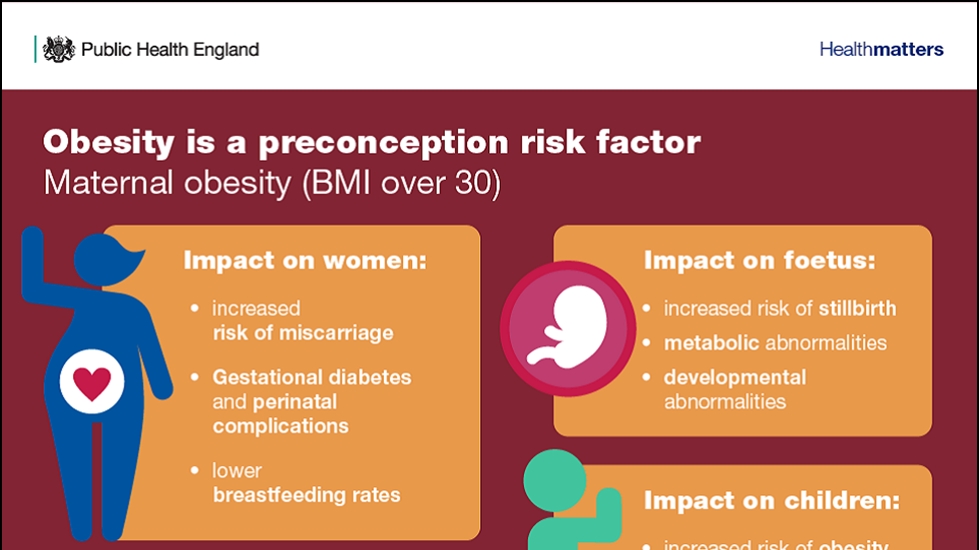
Recent studies have indicated a strong correlation between maternal obesity, lifestyle, and the health outcomes of infants. Infants born to mothers with higher obesity grades are at a significantly increased risk for adverse outcomes, such as intraventricular hemorrhage and respiratory distress syndrome. This highlights the critical importance of maternal health and lifestyle choices on the wellbeing of the newborn.
Maternal Obesity and Risk of Adverse Outcomes
Research has shown that infants born to mothers with higher classes of obesity are more likely to experience adverse health outcomes. These include severe conditions such as intraventricular hemorrhage, a type of bleeding that occurs inside the ventricles, or fluid-filled areas, of the brain, and respiratory distress syndrome, a severe lung disease that primarily affects premature infants.
In Utero Exposure to SARS-CoV-2 and Offspring Health
Additionally, a recent study aimed to determine the association between in utero exposure to SARS-CoV-2 and the risk of cardiometabolic diagnosis in offspring. The study included 29,510 offspring, of which 1,599 were exposed and 27,911 were unexposed to the virus. The results indicated that exposed offspring had a significantly greater risk of receiving a cardiometabolic diagnosis by 18 months of age. Moreover, these infants had a higher mean BMI for age z-scores at 6 months compared to unexposed offspring, hinting towards the impact of maternal health during pregnancy on the infant’s health. [source]
Impact of Cesarean Section Delivery on Offspring’s Body Weight
Further adding to the complexity of this issue, research has also uncovered a potential link between cesarean section delivery and an increased risk of obesity in offspring. A study using prairie voles as an animal model found that voles delivered by cesarean section had heavier body weights and lower levels of oxytocin in the hypothalamus as adults. This suggests that the mode of delivery can also play a causal role in increasing offspring body weight and potentially affect the oxytocin system. [source]
Maternal Birth Weight and Prevalence of Congenital Malformations in Offspring
In another study, an association was found between maternal birth weight and the prevalence of congenital malformations in offspring. Low maternal birth weight was linked to an increased risk of certain congenital malformations, while high maternal birth weight was associated with other congenital anomalies. [source]
Maternal Diet and Offspring Obesity
Lastly, a study published in Nutrients investigated the relationship between a mother’s adherence to a Mediterranean diet during pregnancy and the risk of overweight or obese offspring at four years. The researchers found that close adherence to a Mediterranean diet during pregnancy was associated with a reduced risk of offspring being overweight or obese at four years of age. This study underlines the importance of a healthy diet during pregnancy on the future health of the child. [source]
In conclusion, maternal health and lifestyle choices, including diet, weight, and mode of delivery, play significant roles in determining the health outcomes of infants. This underlines the importance of adequate prenatal care and lifestyle modifications for expecting mothers to ensure the optimal health of their offspring.
